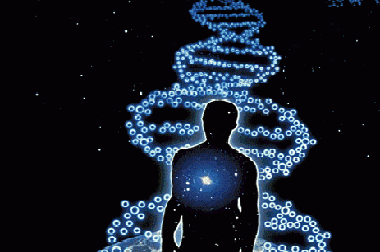Nutrition rules >>>> What does the body need proteins for?
What does the body need proteins for?

Living nature differs from non-living nature by the presence of such chemical compounds as proteins in its structures. Proteins are high-molecular nitrogen-containing compounds, they are present in the organisms of all representatives of living nature, from viruses to humans. Proteins are found in many plants (in stems, seeds, leaves, and even in roots, fruits, but in smaller quantities).
Proteins make up about half of the dry mass of a living organism. To understand the importance of protein structures for the body, it is enough to know that in terms of dry weight, lungs, spleen, kidneys, fluid tissues and striated muscles contain more than 80% protein; skin, digestive tract organs, heart, liver, pancreas, dense tissues, brain and nervous tissue contain up to 60% or more percent; teeth and bones - up to 20%.
The multiple functions of proteins make them one of the most important and irreplaceable biological structural compounds. No wonder they are called proteins (translated from Greek - "the most important"). The functions of proteins are determined by their diversity:
- Proteins are needed by the body in the metabolic process to renew its constituent parts.
- Without the participation of protein structures, it is impossible to transport oxygen and lipids along the bloodstream.
- Proteins are involved in biochemical reactions as catalysts – enzymes.
- Replication of DNA (reproduction of similar organisms) is impossible without proteins.
- It is the protein structures of the muscular apparatus that provide the body's motor ability.
- Proteins are involved in the generation and transmission of nerve impulses.
- Proteins form the basis of many hormones and are participants and regulators of many endocrine processes.
- Proteins as structural elements form collagen in connective tissue, elastin in the walls of blood vessels, keratin in the skin, nails and hair.
- Together with lipids and “Carbohydrates, they participate in the formation of biological membranes of cells.
- Proteins protect the body from blood loss by ensuring blood clotting.
- Proteins form the structure of the main immune agents - antibodies, through which the body fights infection and foreign genes.
With the beginning of the process of removing proteins from the body, the history of life ends.

Read

Read



























